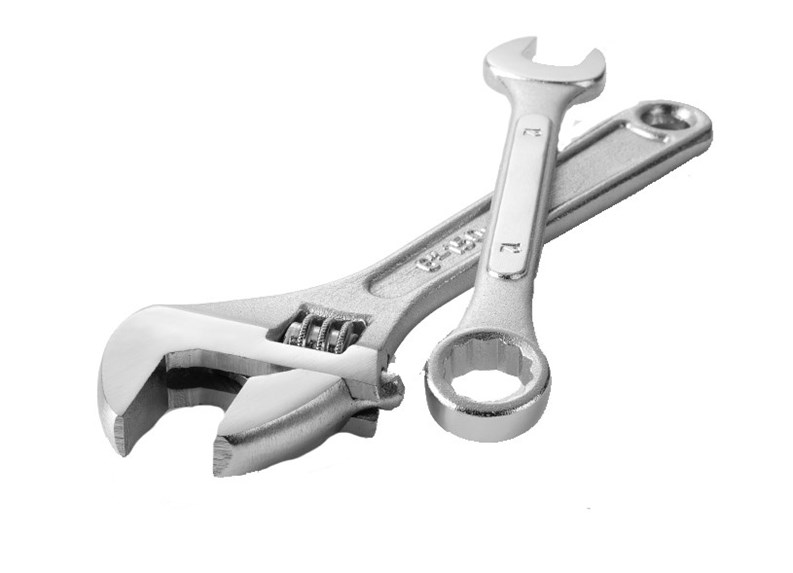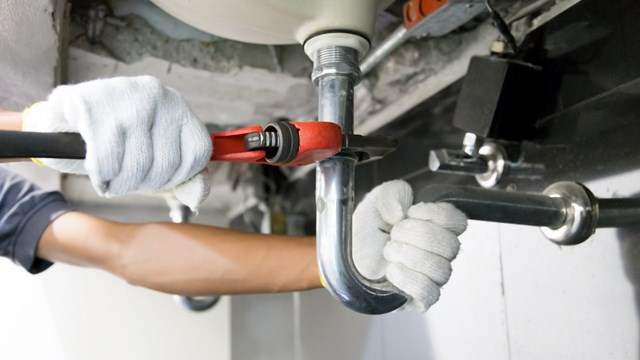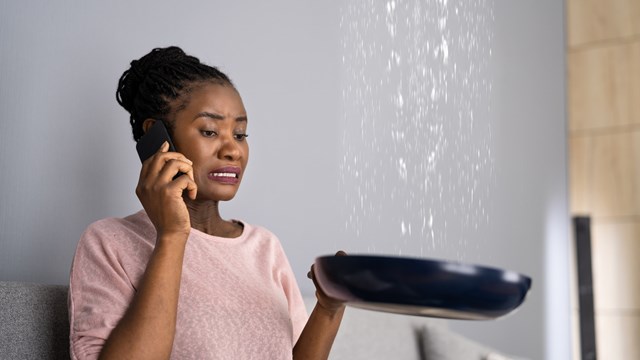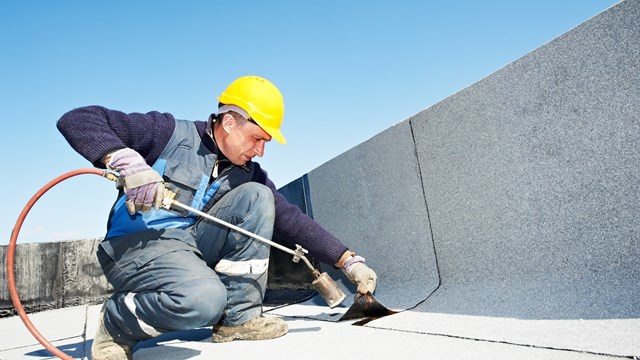If you own, manage or maintain any New York State private or public property that has had a moisture intrusion event, mold growth, resident/occupant complaint, or a due diligence request you need to know if this law applies to you. On January 1, 2016, New York State’s mold law went into effect.
According to the law, "mold" means any indoor multi-cellular fungi growth capable of creating toxins that can cause pulmonary, respiratory, neurological or other major illnesses after minimal exposure. Consequently, a lot of events may fall into the “mold” assessment and remediation regulated definition, so it’s best to be prepared.
Training is Essential
The new Mold Program, under the direction of the New York State Department of Labor, which is responsible for enforcing Article 32 of the New York State Labor Law, establishes licensing requirements and minimum work standards for professionals engaged in mold assessment and remediation. There are three main components to the new law:
Training: The Mold Program will protect consumers by requiring contractors to obtain appropriate training prior to being licensed to perform mold assessment, remediation or abatement services.
Licensing: Contractors will not be allowed to advertise or perform covered work without the required license, with limited exceptions such as home or business owners performing work on their own properties.
Minimum Work Standards: The Mold Program also establishes new minimum work standards for mold assessments and remediation activities by licensed professionals, including:
• Protection against fraud by prohibiting the performance of both the assessment and remediation on the same property by the same individual;
• Protection against fraud by requiring an independent mold assessment to define the scope of the remediation work;
• Identification of disinfectant products, consistent with U.S. Environmental Protection Agency standards;
• Provision of personal protection equipment to employees, as necessary;
• Posted notice of the project and the contractor's licenses; and
• Completion of a post-remediation assessment.
Mold remediators need proper training. Per this law, it shall be unlawful for any contractor, tradesman, consultant, home inspector, or other to engage in mold assessment, evaluation, remediation, or abatement on a project, or to advertise or hold themselves out as a mold contractor or assessor in the State of New York, unless minimum requirements are met and none of the below exemptions apply.
Minimum requirements include that: the mold remediator must be eighteen years of age or older; must have satisfactorily completed the New York State Department of Labor approved course work, including training on the appropriate use and care of personal protection equipment; must have paid appropriate state license fees; and, must have submitted insurance certificates evidencing workers compensation coverage, if required, and liability insurance of at least fifty thousand dollars ($50,000) minimum.
Notable Exemptions
However, there are some exemptions from these licensure requirements for mold remediation if you own your own property. The following persons will not be required to obtain a license in order to perform mold assessment or remediation:
1. A residential property owner who performs mold assessment, remediation, or abatement on his or her own property.
2. A non-residential property owner or the employee of such owner who performs mold assessment, remediation, or abatement on an apartment building owned by that person that has not more than four dwelling units.
3. An owner, managing agent, or full-time employee of an owner or managing agent who performs mold assessment or remediation or abatement on commercial property or a residential apartment building of more than four dwelling units owned by the owner. However, the exemption shall not apply if the managing agent or employee engages in the business of performing mold assessment or remediation for the public.
4. A federal, state or local governmental unit or public authority and employees thereof that perform mold assessment, remediation, or abatement on any property owned.
Even if you might be exempt, keep in mind a state-regulated “Standard of Care” now exists where one can be held accountable to comply. So exempt or not, it might still be a good idea to obtain the basic training so at a minimum you and your senior building staff are familiar with what others can question and will be advised by the state and other licensed mold practitioners. Are we better to know or not to know is the common question? My recommendation if you meet one of the exemptions is not to send your staff to become familiar with the New York State Mold law but instead yourself or your senior staff to assess and make good informed decisions on how best to manage the “mold” issue into the future.
A mold remediation license holder who performs mold remediation is required to prepare a work plan providing instructions for the remediation and shall provide the work plan to the client before the mold remediation begins. The law further holds that if compensation is involved, no licensee shall perform both the mold assessment and the mold remediation on the same property.
When the Project Begins
Minimum work standards for the conduct of mold assessments and remediation by licensed persons will include:
• A mold remediation licensee shall prepare a mold remediation work plan that is specific to each project.
• Fulfill all the requirements of the mold remediation plan developed by the mold assessment licensee as provided to the client.
• Provide specific instructions and/or standard operating procedures for how a mold remediation project will be performed.
• The mold remediation license holder shall maintain a copy of the work plan at the job site at all times.
• Signs advising that a mold remediation project is in progress shall be displayed at all accessible entrances to remediation areas.
• Post-remediation assessment and clearance shall be performed.
Historically post-remediation assessment or clearance as it may be referred to in the Mold abatement industry, would have been some form of comparative “air sampling”, inside air vs. outside baseline air. What the environmental professional community has long been aware of and now in New York State mold law they have given the freedom to NOT specify or require post remediation or clearance assessments to be based on a very subject and easily biased form of air sampling but instead, the Mold Assessor, can and in many cases should specify for post remediation/clearance a “visual” assessment, coupled with a “dryness” standard comparison with documentation. A much more accurate and health-based standard that is substantially more achievable.
So at the very least, you need to become familiar with the law now (Find out about FREE NYS Mold Compliance Training at info@lewcorp.com for your staff). You should affiliate with a New York State licensed mold assessor and/or remediator before you need one.
For more information about the law, go to the New York State Department of Labor Website, http://labor.ny.gov/workerprotection/safetyhealth/mold/mold-program.shtm. You may also email or call LEW Corporation today (info@LEWCorp.com, 800-783-0567), if you would like a FREE complimentary copy of the Institute of Real Estate Managers (IREM) Key Report: MOLD What Every Professional Real Estate Manager Needs to Know (Lee E Wasserman, 2004) as well as, a FREE consultation. There is also a free worker training course.
Lee E. Wasserman is president and CEO of LEW Corporation, an environmental, consulting, remediation and training company, headquartered in New Jersey, with satellite offices in the Northeast, Southeast and throughout the country.







7 Comments
Leave a Comment